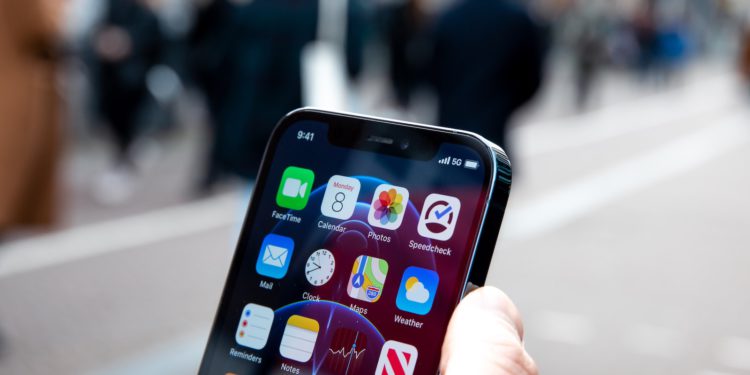In response to the European Commission's proposed Digital Markets Act, which could force the sideloading of apps on the iPhone in Europe, Apple has published a detailed document outlining the security and privacy risks of sideloading.
Sideloading is the process of installing apps outside of the App Store, e.g. from a third-party website or app store, such as on Macs/PCs or Android devices. In Apple's new document In its report, "Building a Trusted Ecosystem for Millions of Apps," it says that "mobile malware and the resulting security and privacy threats are becoming increasingly common, especially on platforms that allow sideloading." Apple cites Nokia's "2019 and 2020 Threat Intelligence Reports," which state that Android devices are "estimated to be 15 to 47 times more likely to be infected with malicious software" than iPhones.
Malware on iOS is very rare
Android smartphones are the most common targets for mobile malware, and have recently had between 15 and 47 times more malicious software infections than the iPhone. One study found that 98 percent of mobile malware targets Android devices. This is closely linked to sideloading: in 2018, Android devices that installed apps outside of Google Play, the official Android app store, were eight times more likely to be affected by potentially malicious applications than devices that did not.
In addition, Apple states that malware on iOS is very rare. Many of the documented attacks on the platform are "targeted attacks, often carried out by governments." Apple adds that "experts generally agree that iOS is more secure than Android, in part because Apple does not support sideloading." In other words, if Apple is forced to allow sideloading, users would be exposed to more malicious apps and have less control over the applications after they have loaded them onto their devices.
Sideloading on iPhone: More harm than good
In addition, even those users who reject sideloading and only download apps from the App Store could be at risk. Criminals could trick iPhone users into sideloading apps by imitating the look and feel of the App Store or advertising free or exclusive features. The bottom line is that sideloading would do more harm than good, which is why the European Commission's idea is definitely nonsense. Those who prefer sideloading should use Android devices. (Photo by Unsplash / Frederik Lipfert)





